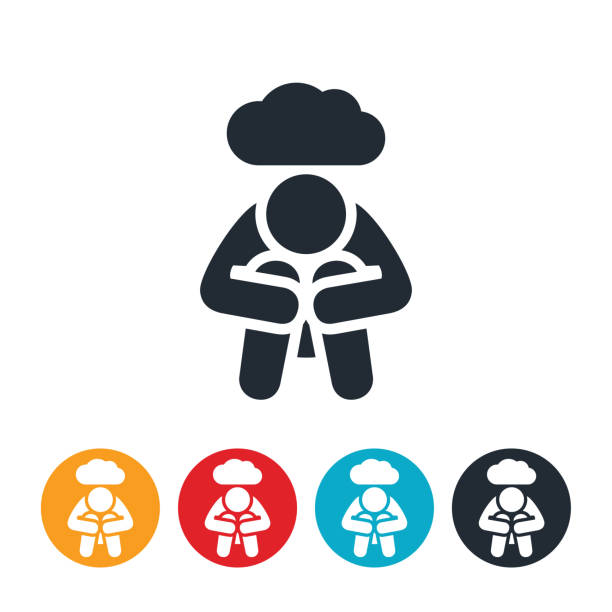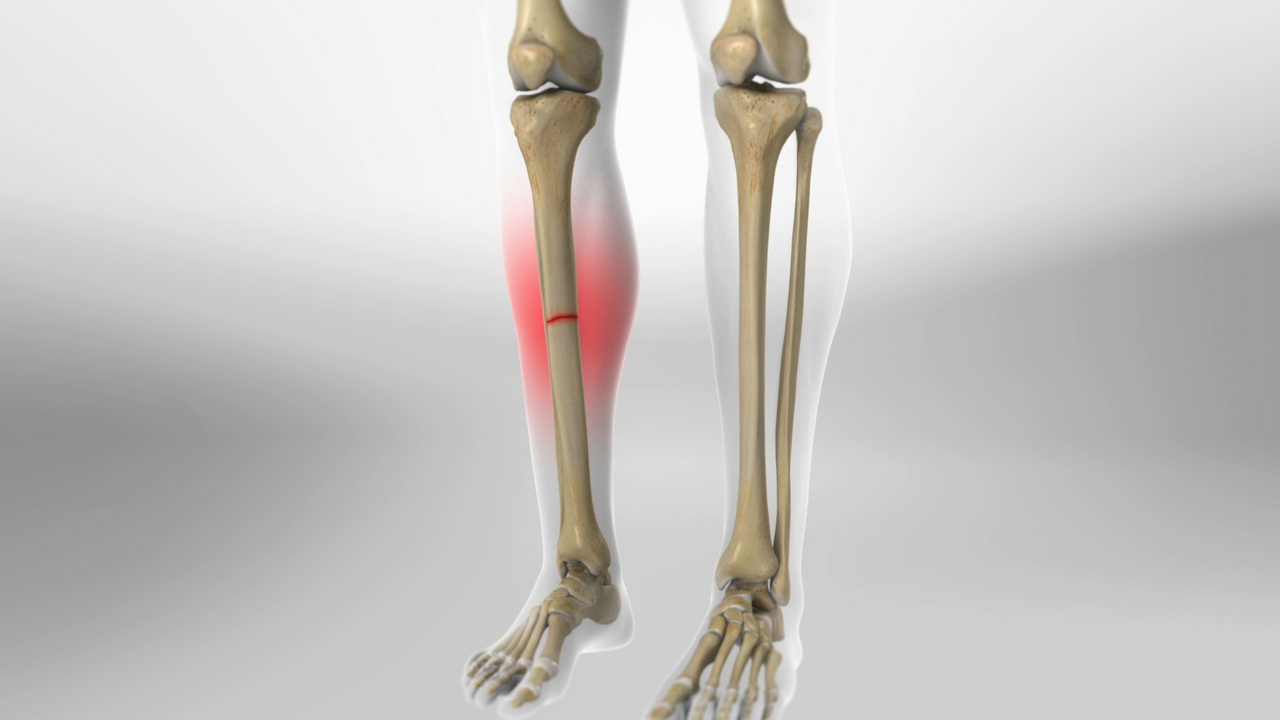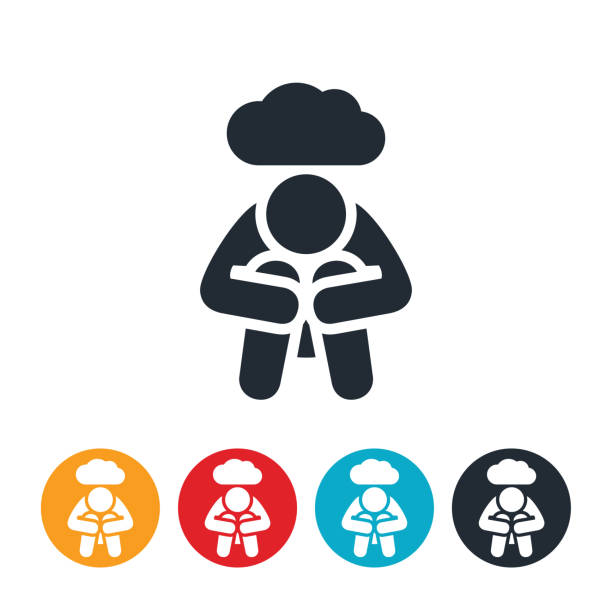- Participants learn how to assess the individual needs and preferences of residents transitioning to assisted living apartments, including considerations such as medical requirements, mobility challenges, and social preferences. They also develop skills in developing personalized transition plans to ensure a smooth and comfortable move.
- The simulation provides opportunities to practice effective communication with residents and their families, addressing any concerns or questions they may have about the transition process. Participants learn how to provide emotional support, reassure residents, and facilitate open dialogue throughout the transition.
- Participants learn how to help residents acclimate to their new living environment by providing orientation tours, introducing them to staff members and fellow residents, and familiarizing them with community amenities and resources.
- Participants learn about safety protocols and accessibility considerations within assisted living apartments, including emergency procedures, assistive devices, and accommodations for individuals with disabilities or special needs.
- The simulation incorporates scenarios that highlight the importance of cultural sensitivity and diversity in supporting residents from various backgrounds and communities. Participants learn how to respect residents cultural beliefs, traditions, and preferences throughout the transition process.
- Participants gain skills in resolving potential conflicts or challenges that may arise during the transition to assisted living, such as disagreements between residents or concerns about changes in routine. They learn how to address conflicts calmly and effectively while prioritizing the well-being of residents.
imaginX is used by many amazing schools and universities
University / College

























